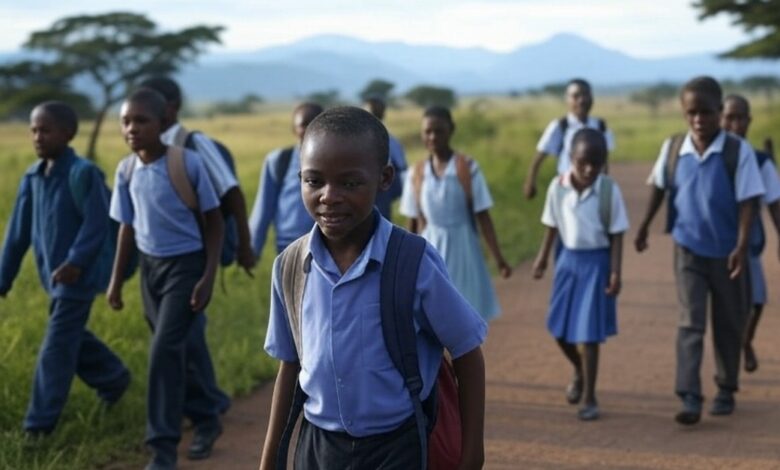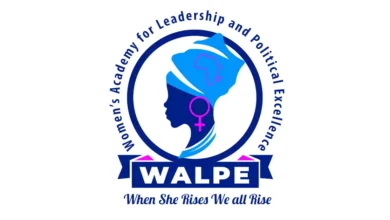Zimbabwe’s school feeding programme faces key challenge

Duduzile Nyathi
Harare, Zimbabwe – Lawmakers are pushing for a more sustainable approach to Zimbabwe’s school feeding programme, citing concerns that the current system lacks essential nutritional variety.
Speaking in Parliament recently, Hon. Dr. Thokozani Khupe stressed that while the government’s initiative to provide mealie-meal is commendable, it falls short of ensuring a balanced diet for students.
“A hungry child cannot excel in their schoolwork, but a well-fed child does well in school,” said Dr. Khupe. She noted that while schools are receiving mealie-meal, the absence of relish significantly limits the nutritional value of the meals.
To address this gap, she proposed a sustainable model where every school with a borehole is allocated at least one hectare of drip irrigation. “With drip irrigation, you use a small piece of land, little water, and the yield will be very high. Schools can produce three crops per year, meaning pupils will have access to nutritious food year-round,” she explained.
The initiative, if implemented, would align with Sustainable Development Goal (SDG) 4 on Quality Education and SDG 1 on No Poverty by ensuring that children receive adequate nutrition to support their learning and overall well-being.
Dr. Khupe urged the government to extend the programme by not only installing irrigation systems but also drilling boreholes for schools without access to water. “Once our children are well-fed in schools and at home, they are assured of performing well at school, which will result in them getting a decent job and a decent salary,” she said.
Experts argue that a well-structured feeding programme can improve student concentration, reduce dropout rates, and enhance overall academic performance. Several countries, including Kenya and Brazil, have successfully implemented school farming projects to support feeding programmes, a model Zimbabwe could adopt.
While the proposal has been well received, the next step involves securing government commitment and funding. The Ministry of Primary and Secondary Education has been urged to take note of these recommendations and consider policy adjustments that support long-term food security in schools.
With Zimbabwe experiencing good rainfall this year, stakeholders see this as the perfect opportunity to integrate agriculture into the school feeding programme. “This is not just about food; it is about securing our future by ensuring that children get the nutrition they need to learn and succeed,” Dr. Khupe concluded.
As Parliament deliberates on this issue, many are hopeful that the government will prioritize a more sustainable and nutrition-focused approach to school feeding, ensuring that no child in Zimbabwe goes hungry while trying to learn.





